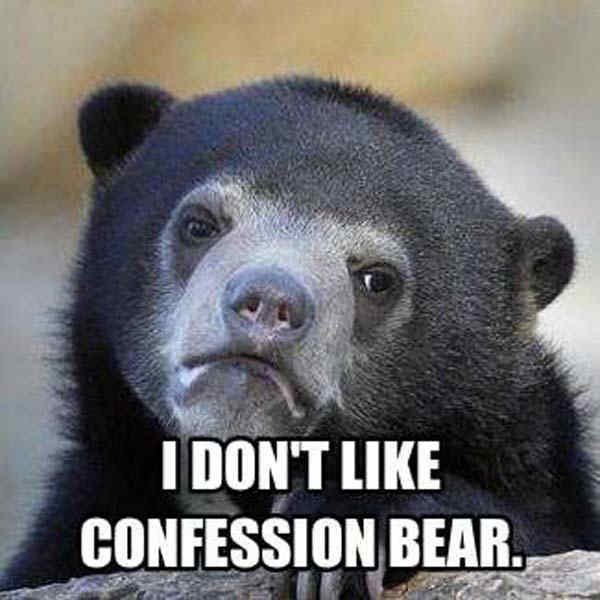I’m not overly fond of musicals, but The Phantom of the Opera is a notable exception. I’ve watched the 2004 movie adaptation ad nauseam, but last night was the first time I’ve seen the play in person—what a treat!

If you’ve read some of my stories, I’m sure it’ll come as no surprise to you why I love this dark tale of angst, murder and obsession. What may or may not surprise you is how much I once again found myself rooting for the crazy villain to win. Maybe it’s a defect in my character, but often times when an antagonist is as well-drawn and captivating as the Phantom, I find myself sympathizing with them—sometimes even more so than with the protagonist.
But the Phantom brings out some next-level emotions in me, and I have to say, by the end of the play, I was once again full-on cheering for the guy to succeed in his mad pursuits. I realize it’s stupid (because obviously the story isn’t going to change) and kinda weird, so let me try to explain.
First off, I would like to make the case that villains, when written well, are just more interesting characters. Protagonists are inherently restricted in their actions because they are the “good guys” and therefore can’t do anything underhanded or less-than-noble in pursuit of their goals. Villains, on the other hand, are no holds barred. They can lie and steal and scheme and even kill, and all of that behavior is acceptable because we don’t expect them to be good. On the other hand, while good guys can’t take a leaf out of the bad guys’ book without compromising their squeaky-clean character, bad guys can act “good” at times, and this is also A-okay because it gives them more dimension.

Which brings me to my next point: well-written villains are more realistic characters. A good guy always does what is, well, good. He might experience moments of weakness, but in the end, he will do the right thing. Villains, however, are wrong or off in some way–and a great villain, I would argue, is off in a way that resonates with the darkness in ourselves. Nobody on this planet is a perfect person. We’ve all made mistakes and done things that others would frown upon, even if we felt we had to do so at the time. If your life is a series of stories, then in some of them, no doubt you could be construed as the antagonist yourself.

Last of all, and what I think is probably the most compelling feature of good villains, is that they are more passionate characters. It takes a helluva lot of courage and dedication to go so wildly against the grain. But villains blaze through the rules of society, common decency and even morality with sheer abandon, and that kind of mad devotion–as wrong or twisted as it may be–is admirable in its own right. Not only will the good guys just not “go there,” they also tend to be reactionary characters responding–albeit nobly–to the events set in motion by the circumstances around them. Antagonists are the ones who start the fire, and the heroes are just there to put it out.

Bringing all of this together, consider the Phantom: a physically deformed musical genius, an unloved recluse with a wry sense of humor who takes a talented, yet underappreciated, young orphan girl under his wing, and by hook or by crook, elevates her to be the star soprano of the Paris Opera House. Of course his methods are misguided, of course his passion for Christine goes too far, becomes dangerous and deranged, but you can’t deny the depth of his devotion. Now consider Raoul: a rich handsome young nobleman who falls for his childhood friend Christine after witnessing her star performance and spends the rest of the play making bold declarations of love and running around trying to save her from the Phantom.
So, tell me, who do you root for?